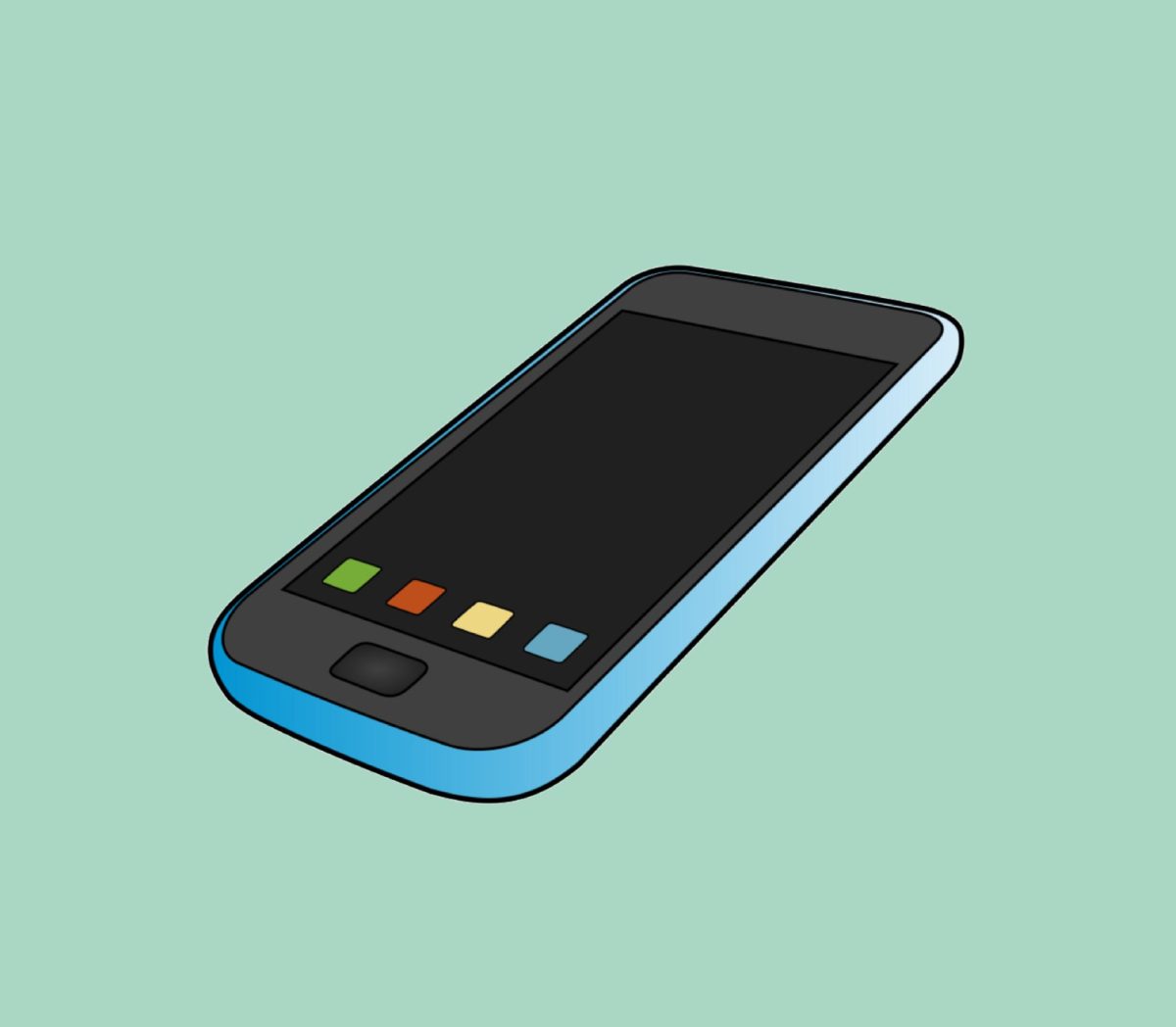An unsigned editorial reflects the consensus opinion of the editorial board.
As a committee of students, faculty and staff deliberates on a cohesive school-wide phone policy, we, the Blazer editors, would like to caution against a blanket phone policy, which could easily miss the greater issue: how technology is used in the classroom.
Branson’s mission is to prepare students for the real world, and while this board agrees that Branson does a great job in this goal, we believe that micromanaging student phone use might distract from the larger question of responsible technology use in the classroom.
One recent development in some teachers’ classrooms is the so-called “phone jail” — small cubbies where students are to leave their phones at the beginning of class. While many students are vehemently opposed to them, it’s difficult to deny their effectiveness at limiting cell phone use in classrooms, removing phone distractions — buzzes, beeps and notifications — while alleviating the need for teachers to constantly remind students to put their phones away.
Moreover, a policy that implements the phone jail in all classrooms would eliminate guesswork for teachers and students: Teachers wouldn’t have to create a specific phone policy for their classroom and students would better understand the classroom requirements as it wouldn’t differ between classes. Inconsistency leads to confusion and negotiation — and is a waste of teachers’ and students’ time and energy.
However, assuming that cell phones are the biggest distraction for students overlooks the lingering issue of computer use in classrooms. Every student knows, whether or not they take advantage of it, that the three-finger swipe quickly changes tab groups between Google Docs and Instragram.com. In this way, computers may pose a greater threat to students’ learning than phones. Phones are easier to catch, but they’re not necessarily the bigger problem.
Instead of an all-encompassing Branson phone policy, we think that part of the education at Branson should include teaching students how to effectively manage distractions, which can stem beyond phones and technology. A strict phone policy will likely stop students from using their phones in class, but it may not solve the issue of disengagement.
Branson is a precursor to college, where students will be expected to make these decisions for themselves. A strict phone policy may create unrealistic conditions for students and prevent them developing the self-control that is crucial beyond Branson.
We recommend a flexible policy, such that teachers can implement their own policies to best serve their individual classrooms. We hope that this will encourage open discussions about technology and classroom habits, which are more beneficial than top-down rules. Some classes may need stricter rules around cell phones, while others may not need them at all.
That said, having a flexible policy means that us students need to do our part. Students need to be able to keep track of each teacher’s different phone policy. If students are constantly on their phones, and constantly arguing with teachers about it, we can’t expect teachers and the administration to simply shrug this one off. Let’s show that we can be responsible humans too. The best time to start is today. Next time you’re in class, and the temptation to check your phone arises, say “No” to yourself and re-engage with what is probably a really interesting class.
As for assemblies, we agree with the handbook. There is no reason for anyone to be on their phone during assembly, ever. Leave them in your bag or outside. And lunch is a wonderful opportunity to talk to and engage with your peers. Let’s show some initiative here. If we can prove that we don’t need strict rules around phones, there will be no need to implement them. The best way to avoid a phone policy is to show that we don’t need one.
By working together, we can equip all Branson students with the skills to manage technology responsibly, rather than creating rigid policies that are counterproductive to developing these skills. Technology will only continue to evolve; teaching students to navigate this changing landscape is far more valuable than simply locking everyone’s phones away.



